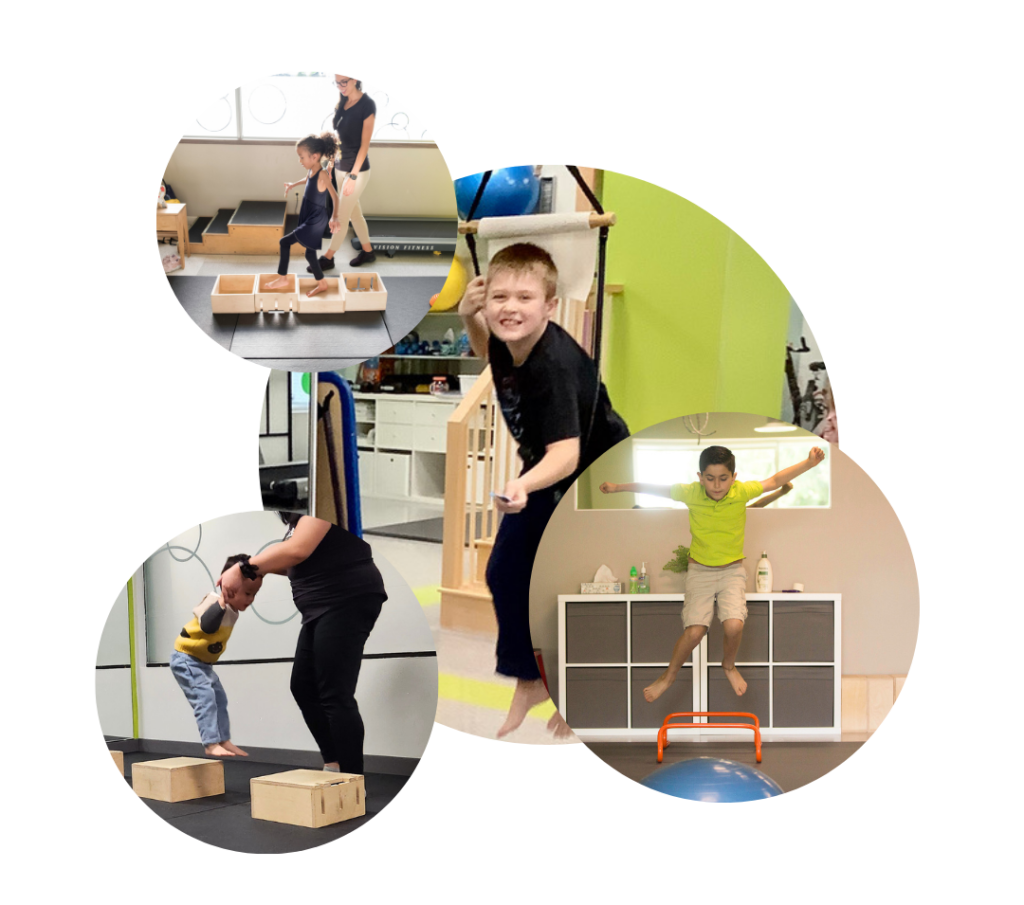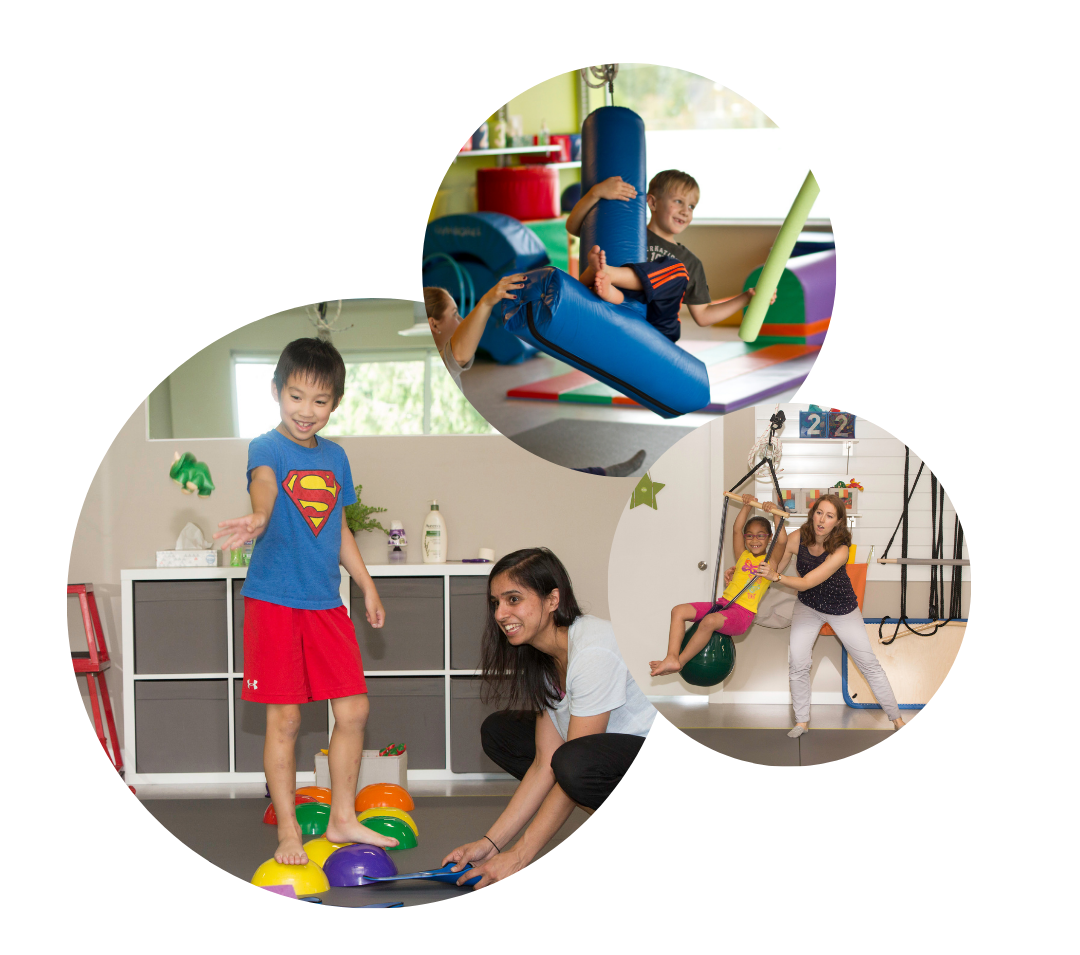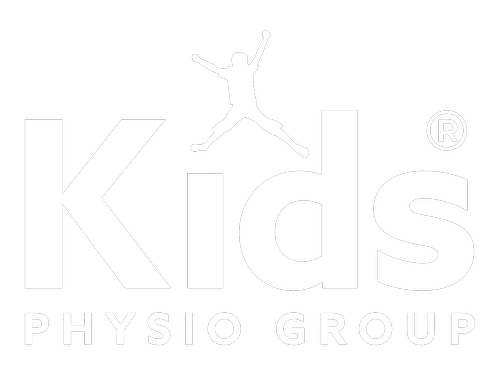General Childhood Concerns
Growth can have a large impact on children’s joints and muscles, leaving them susceptible to a variety of injuries or conditions that are specific to childhood.
Our physiotherapists are experts in growth and development. They will be able to provide insight and address concerns that are specific to growing kids – while providing a fun and engaging experience! Please book a one hour initial assessment for any of the conditions outlined below, or give us a call for more information.
General Childhood Concerns
Paediatric Orthopaedic Conditions
During childhood, conditions affecting the joints and muscles can occur. Generally, the earlier these conditions can be caught and therapy can be started, the better!
-
Toe-walking
-
Legg-Calve-Perthes Disease
-
Foot pain and arch development
-
Scoliosis


General Childhood Concerns
Growth Related Conditions
Although growth is demanding on the body, children shouldn’t be limited by growth-related pain. These conditions can be managed with physiotherapy, allowing your child to remain active while they grow.
-
Sever’s (heel pain)
-
Osgood-Schlatters (knee pain)
-
Growing pains
-
Postural concerns
-
Muscle imbalances related to growth, “tightness”
-
Tripping, falling, coordination, confidence with playground play
General Childhood Concerns
Alignment
Children’s bones grow in the direction that their muscles pull them. How a child walks, sits and positions their body will impact how their joints and skeleton will ultimately be aligned. Poor alignment may result in injuries and inefficient motor skills. Signs of alignment concerns include:
Signs of alignment concerns include:
- In-toeing
- Out-toeing
- W-sitting
- Poor running patterns
Luckily, our physiotherapists are experts at assessing and creating treatment plans for all the childhood conditions listed (and more!). Our clinics are outfitted with child-sized, fun equipment to help your children resolve their concerns and move their best through development!
Have More Questions?
We believe in a policy of being truely transparent with our families. Don't hesitate to reach out!
Each of our locations have knowledgable staff who are ready to answer your questions.
Feel free to drop into a location today to chat with us!
Please use the locations tab in the menu bar to identify the closest Kids Physio to you.
We are conveniently located across Canada!
For all booking inquries please contact your local Kids Physio or use one of the Book Now buttons.
Other inquires:
[email protected]
More Questions
FAQ
Find out the answers to some of the questions you may have before booking with our team.
During your initial assessment, a physiotherapist may inquire about your child’s birth history, past medical history, activities of interest, and previous interactions with healthcare providers.
They can answer questions related to child development, physical movements, sports rehabilitation, and more, tailoring their inquiries to address your specific concerns.
Physiotherapy for children aims to improve physical function, mobility, and overall well-being.
A physiotherapist can assist with developmental delays, orthopedic conditions, neurological disorders, chronic pain management, balance and coordination issues, and post-operative rehabilitation, enhancing a child’s quality of life.
To continue play at home, consult your physiotherapist.
They can provide tailored ideas and exercises aligned with the goals you’ve set, ensuring that play supports your child’s ongoing development.
Physiotherapy can be helpful for achieving motor milestones, promoting symmetrical development, and treating injuries, allowing children to engage in play without compensation. It establishes positive movement experiences, setting the foundation for a lifelong commitment to physical activity.
It may also exacerbate symptoms over time, making treatment less effective.
Tummy time helps strengthen a baby’s neck, shoulder, and core muscles, promoting healthy development and preventing flat spots on their head. It also encourages them to explore their environment!
Simple items like a soft mat, age-appropriate toys, and cushions for support during tummy time are sufficient.
If you would like to learn more about specific age-appropriate equipment, consulting with your paediatric physiotherapist is a viable option.
Encourage motor development through activities like supervised tummy time, rolling, crawling, and reaching for objects.
Provide a safe and stimulating environment, offer support when needed, and celebrate your baby’s progress.
BOOK YOUR INITIAL ASSESSMENT TODAY
Take the next step and make your child’s health a priority!
